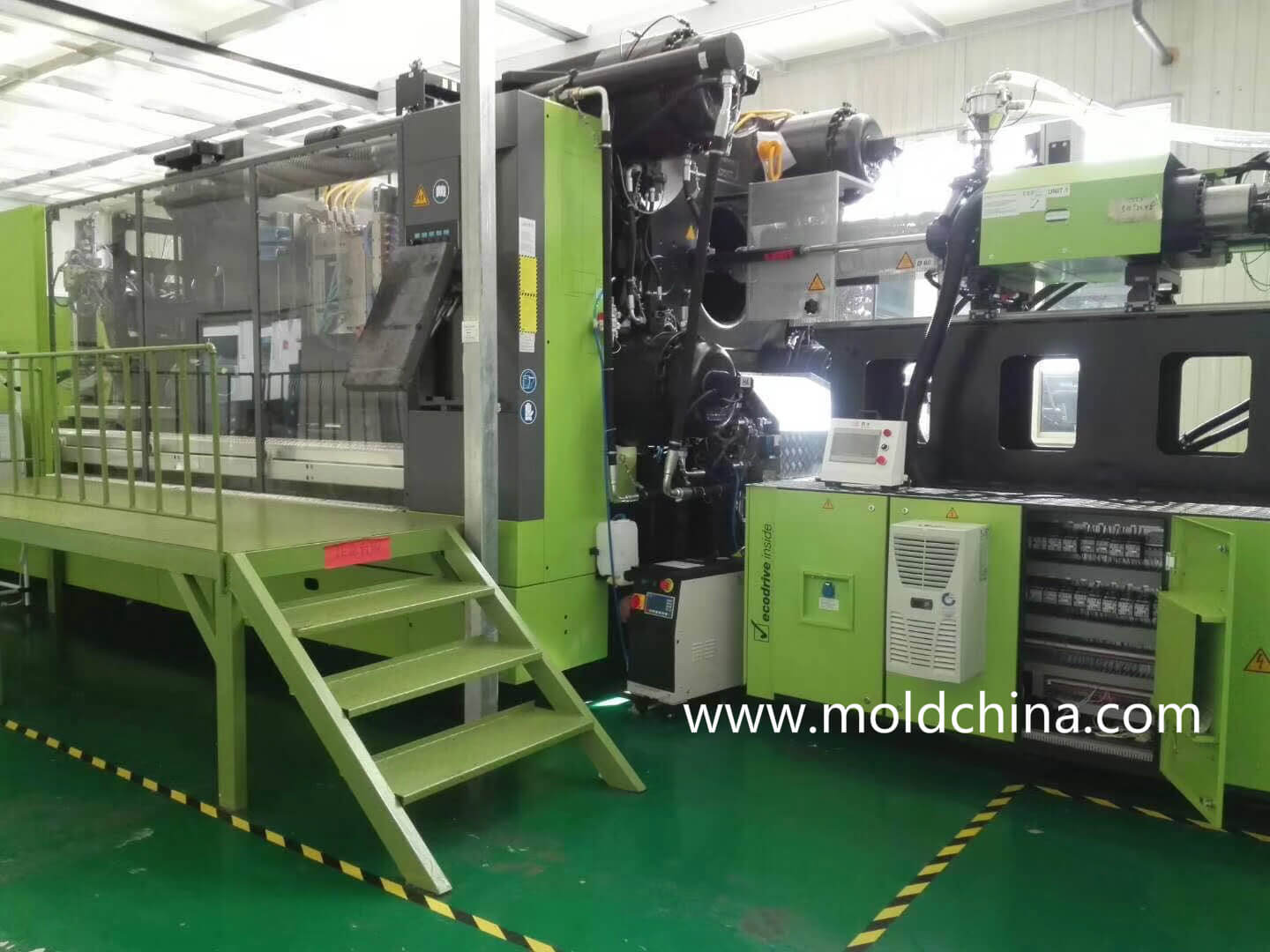Surface roughness means there is a lack of precision in the surface of a molded part, or an inconsistent level of precision all over the surface, e.g. some areas are glossier than the rest. The main reasons for surface roughness might lie in the injection molding machine, the mold, the process or the material.
(1)Injection Molding Machine
①Insufficient material supply;
②Material barrel is not thoroughly cleaned when changing material;
③Check for cold melt leakage at the nozzle;
(2)Mold
①The gate is too small, or the runner is too thin – increase the gate size, or adopt the film gate;
②The surface of the mold cavity is rough – polish the cavity surface and check if there’s any leakage;
③Poor venting – add vents in the location with poor glossiness for an improvement;
④Increase the size of or add a cold slug well to collect the cold material;
⑤Mold temperature is too low – raise mold temperature;
⑥Might be affected by mold release agents – stop the application of mold release agents;
(3) The Injection Molding Process
①Increase melt temperature (check whether the heating zone of the material barrel is in disorder – non-uniform temperature, local temperature too high or too low, etc.);
②Increase nozzle temperature;
③Over shear caused by over-speed injection – lower injection speed appropriately;
④Increase injection pressure;
⑤Increase material injection time;
(4) Raw Materials
①Raw material is not dried;
②Too much recycled materials are added, or repeatedly recycled materials are decomposed;
③Excessive application of mold release agents.
